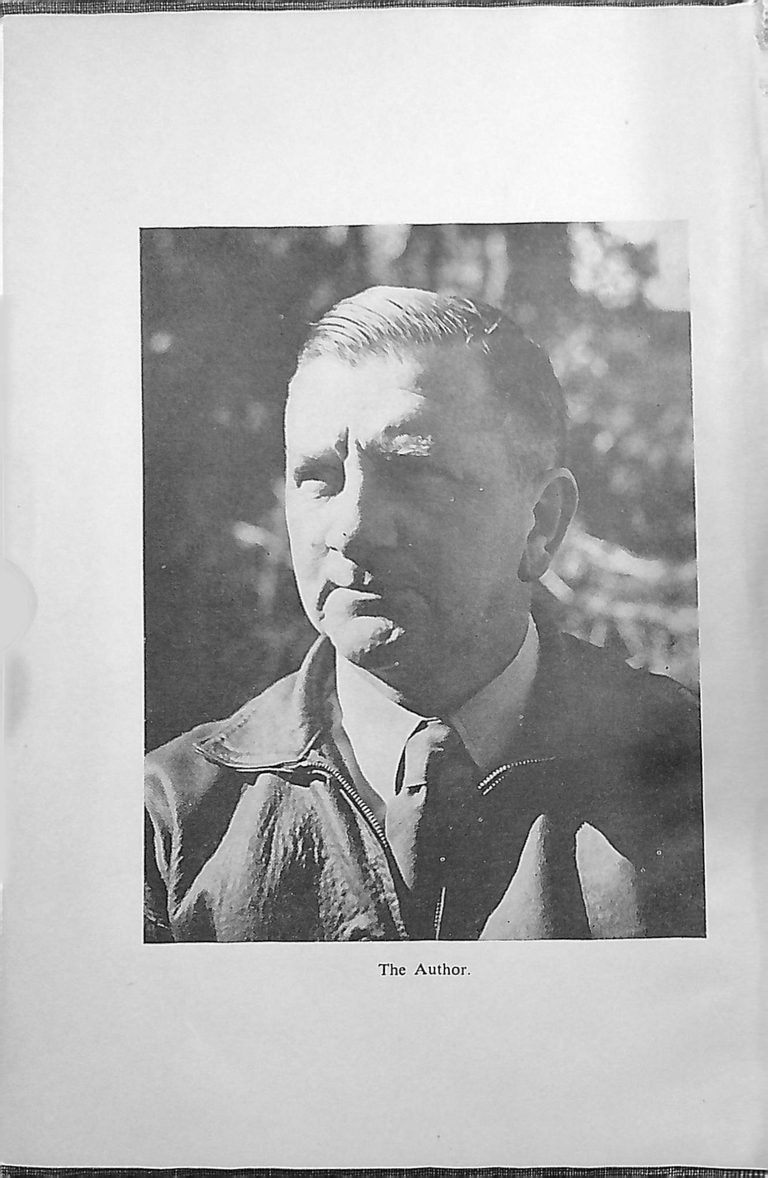
Good day Hivers and Book Clubbers,
High time to do some more reviewing. We stay in the realm of non-fiction, as I have for the past couple of reviews. The book in question is titled 'Their paths crossed mine', written in 1956 by Hans van Rensburg. Van Rensburg was an important man in South African history, yet this memoir has fallen out of print for decades.
It's only thanks to the internet that I get to read it in 2024. There are some old copies of it available via antiquary-book-websites, but pricing starts at 150 dollars or more, excluding shipping. Which will also be a sizable price, since these books have to be shipped from South Africa. That's too steep a price for just one book, in my opinion. Luckily, I found a scanned version in an online archive, and thus are able to read an review it. Once again a W for the World Wide Web.
A memoir, not a biography
Ever wondered what the difference is exactly between a memoir and a biography? In my brain those two formats have somewhat blended into the same category. This book proves that assumption; it is quite fragmented in its anecdotes. Van Rensburg tells the stories he thinks important, which makes for quite large leaps in the years of his life (1898-1966). A biography would be more structural, with more background. I've treated a biography about Van Rensburg before, you can look it up in my feed in march of 2022.
Also, I find the title remarkable; Their Paths Crossed Mine. It puts the perspective outwards; the spotlight shines on the people Van Rensburg has known throughout his life. I'm of the opinion that you have to be somewhat ego(t)istic to write about yourself in a memoir or autobiographical style. Van Rensburg seems to lighten this accusation somewhat through his perspective.
Nationalism in South Africa
Van Rensburg is most well-known for his stint as the leader of the Ossewabrandwag (Oxwagon-Sentinels), a para-military national socialist organisation, in the 1940s. Nationalism was on the rise in the late 1930s in South Africa. The 1938 Great Trek Centenary, in which the Afrikaners celebrated the 100th year anniversary of the migration into the South African interior, had caused a level of national consciousness among Afrikaners that had not been felt before.
This renewed consciousness was to be put to the test a year later. Germany invaded Poland in september 1939, and the British had guaranteed Poland's independence, so they declared war on Germany.
South Africa, as a Dominion of the British Empire, followed suit. But not without serious deliberation and misgivings. The Afrikaners were, on the whole, opposed to war, and argued for neutrality.
This was a unique situation among the English Dominions, which were almost enthusiastic for war (think of Canada, Australia, New Zealand). In South Africa, it came down to a parliamentary vote, in which the declaration of war was carried by a majority of 9. Afrikaner politicians mostly voted against, and this was the basis for the reunification of Afrikaner politics into the National Party, but that is a whole other story.
The Ossewabrandwag was also pro-neutrality, but was willing to go much further in its goals. One of the main pillars was a South African Republic, which of course meant the dethroning of the king of Britain. Their ranks swelled with anti-war Afrikaners, and the organisation became perceived as a threat by the United Party, then in power, and also in quite a different way by the National party, their ostensible allies.
Van Rensburgs stories tell of a lot of comrades in prison for their beliefs, or their actions. Some of these actions could clearly be seen as traitorous from the British South African perspective; acts of sabotage were common, as was a refusal of certain military orders. A decent chunk of the South African forces had to remain at home, instead of fighting in North Africa, because of the unrest caused by the OB, among others.
It never came to something like a coup. The OB had done well as long as the Germans did well; the idea that the British were on their last legs was plausible in 1940 and 1941. Yet, as 1942 continued, and the German advance stalled, and then reversed, against Soviet Russia, the OB stalled as well in terms of numbers.
The National Party, with DF Malan as its leader, cut official ties with the OB, saying that Afrikaners could not be NP members if they belonged to the OB. In retrospect this was a smart decision in terms of self-preservation; the NP would win the elections of 1948, in which the OB supported the Afrikaner party, who was in a sort of coalition with the NP.
Conclusion
1948 also meant that Van Rensburg's role as a paramilitary leader flirting with treason would be over as well. Political prisoners in the OB's ranks were all freed that year, and with it the last reason for th OB's existence disappeared.
Van Rensburg would fulfill a somewhat minor role in the 1950s, in which among other things he had time to write this book. It's somewhat surprising to me that it was only published in English. You'd think it would first be published in Afrikaans, considering his background and convictions.
It's too bad that books like this end up out of print, and can barely be found on the internet. It's up to us to keep books that are worth reading in the collective memory, so consider this doing my part.
I'm itching to read more about South Africa in the future. It has always been one of my go-to historical subjects. Not sure yet what the next review will be about, but it's a decent chance that we will remain in this realm. I'll see you all in the next one,
-Pieter Nijmeijer